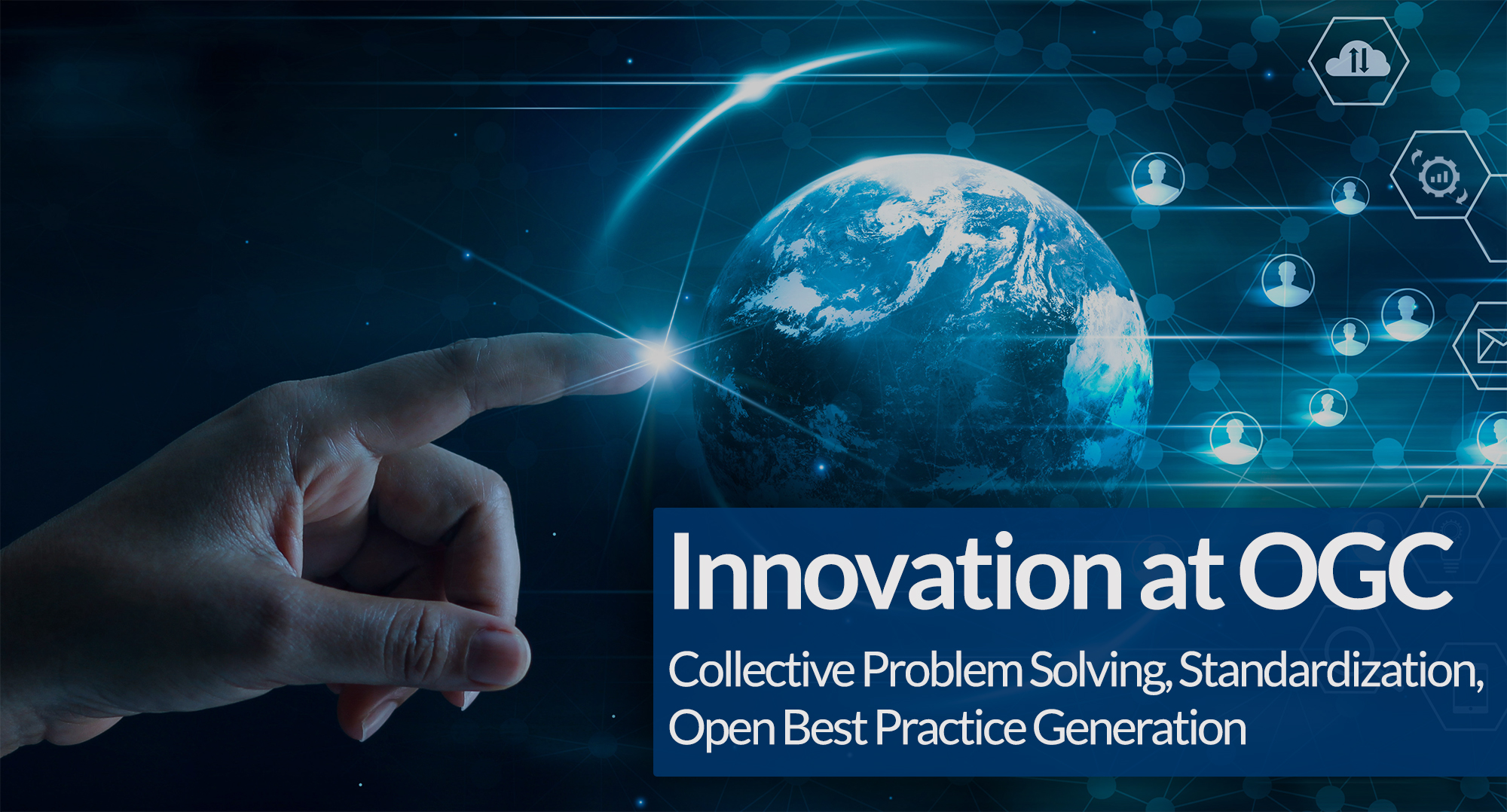Data-driven decision making is fundamental to all aspects of society,
In almost all cases, location data is involved. For decades, OGC has driven toward open solutions for location data integration from heterogeneous sources that are diverse in their purposes, business rules, underlying concepts, and enabling technologies. With this vast experience, OGC has evolved into a collective problem-solving community, and is uniquely positioned to address location data integration challenges at all scales.
With more and more data becoming available, clouds providing unprecedented integration opportunities, and abundant processing capabilities, there is now enormous potential for valuable, targeted, efficient, and profound data-driven decisions. To leverage the full potential of location data, we must establish building blocks for location data exchange and information entailment. OGC has already unlocked many benefits of location data, but there are still questions left unanswered: How do we ensure that applications and data work together smoothly? How can anyone discover and integrate the ever-growing variety and mass of data? Where can the community incorporate and exploit AI (artificial intelligence) without compromising quality and reliability? At which point can we establish trust in a world where location information becomes an ubiquitous commodity?
Solutions to these challenges are beyond a single technology or approach. Solutions require an integrated approach of collaborative problem solving, consensus-driven standardization, and open best practices development by a global diverse community. This is how OGC defines Innovation. Diversity enables us to exploit synergetic effects across domains. Innovation enables us to experiment as a community around specific sets of use-cases, leading to community best practices or standards. Standards enable the smooth integration of data and systems that can then act as the foundation for further innovation to thrive.
OGC is at a tipping point in its understanding of ‘interoperability’, defined here as the ability of systems to operate in conjunction with each other. The focus has shifted from maximum to optimal interoperability. Global challenges – such as human-induced climate change, or the conversion of the resource-hungry economy to something sustainable – involve data sources numbering in the tens of thousands and are being driven by diverse communities, backgrounds, and schools of thought. Such challenges require a different approach to interoperability than the small-scale data integration challenges. At any scale, the integration of location data, or interoperability, requires collective problem solving using the skill sets, experiences, and outstanding knowledge of the entire OGC community.
By expanding OGC’s understanding of innovation as a process that integrates collective problem solving with standards development and open best practice generation, I am very excited about my new role as OGC’s Chief Technology Innovation Officer to influence a future where actionable information will be derived from data with even greater success and reliability.






